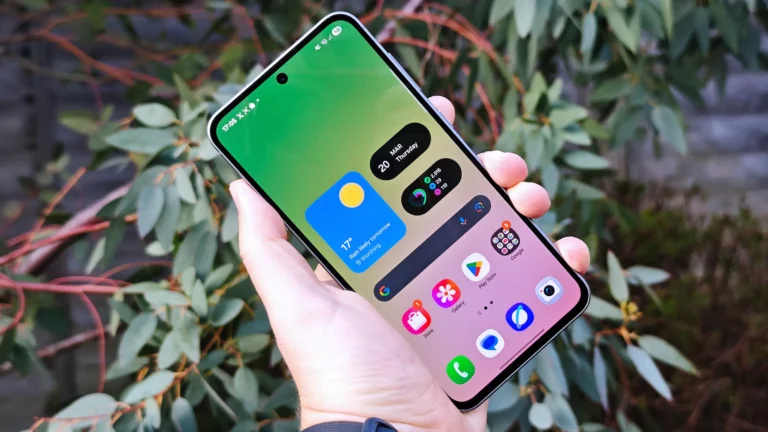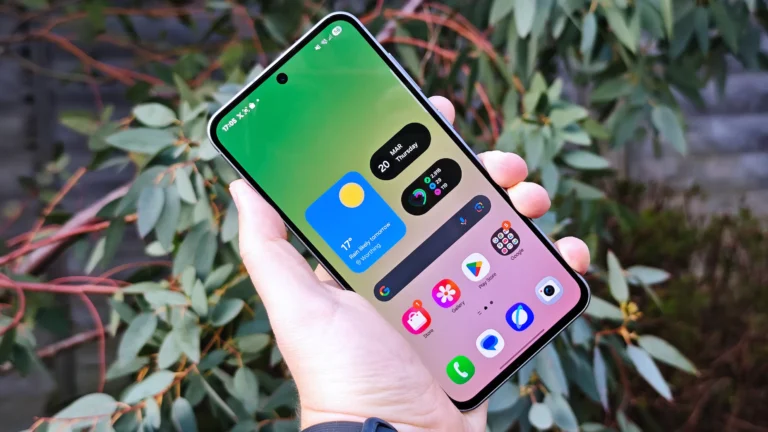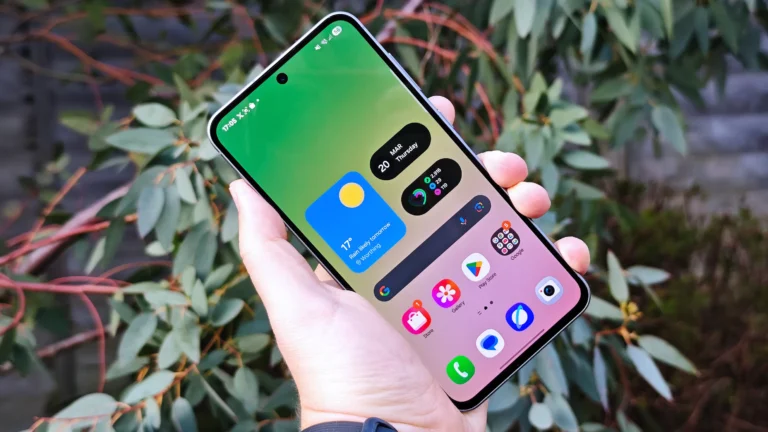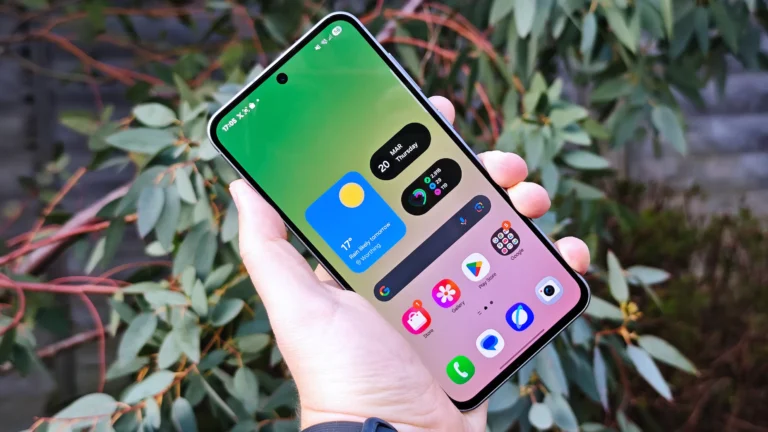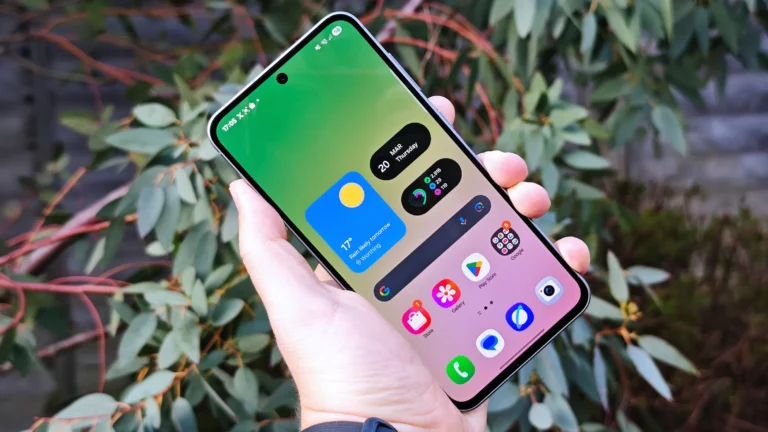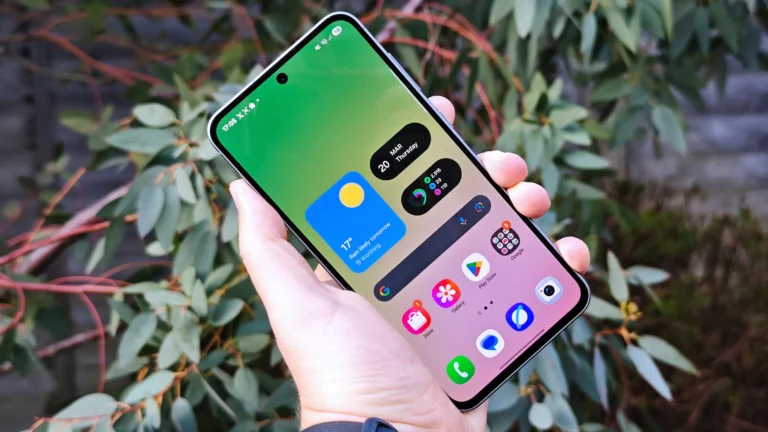Oppo Find X8 Ultra vs Pixel 8 Pro performance test
Comparing Speed: Find X8 Ultra vs Pixel 8 Pro
In the smartphone world, raw performance and real-world responsiveness define how enjoyable a device truly is. The Oppo Find X8 Ultra and Google Pixel 8 Pro are flagship devices with different hardware philosophies. This comparison looks at benchmarks, day-to-day use, thermal behavior, gaming, and user experience to see how they stack up against each other.
The Find X8 Ultra is powered by a Snapdragon 8 Elite chipset and is paired with a generous amount of RAM and high-end internal storage. Its hardware is designed for speed, multitasking, and handling heavy workloads. In reviews, it is praised for very smooth general performance, with minimal lag during app switching and fast animations. The system feels responsive under most conditions. In synthetic benchmarks, the Find X8 Ultra performs well, though in AI-centric tasks it sometimes trails behind rivals. Also, under sustained load, it may show signs of thermal throttling, which slightly reduces peak performance over time.
The Pixel 8 Pro, driven by Google’s Tensor architecture, takes a different approach. It emphasizes efficient performance and integration with AI tasks rather than raw peak power. In benchmarks like 3DMark, the Pixel 8 Pro maintains consistent scores, reflecting stable performance under medium to heavy loads. It doesn’t always match rivals in sheer computing power, especially in GPU or heavy multitasking lanes, but its performance is reliable and smooth for most everyday tasks. Its optimization and software integration help avoid stutters.
![]()
In everyday use, both phones feel fast. The Find X8 Ultra often feels snappier when loading demanding apps, switching lenses in the camera app, or juggling many open apps. Its high RAM allocations and internal storage speed make large app launches feel instant. The Pixel 8 Pro, meanwhile, excels in consistency: transitions, scrolling, and basic tasks never falter. It puts emphasis on fluidity over raw speed, which appeals to users who dislike hiccups or delays.
Gaming is a key stress test for performance. On the Find X8 Ultra, high-end games run at high settings with stable frame rates for significant periods. But under prolonged sessions, it can heat up, which may introduce frame dips or reduced performance to manage thermals. The Pixel 8 Pro delivers a steadier experience in moderate gaming. It doesn’t always push as high settings or frame rates as aggressively, but it maintains stability and avoids overheating, making it favorable for longer gaming sessions without performance drops.
Thermal behavior is important for sustained performance. The Find X8 Ultra tends to warm up quickly under load—camera bursts, gaming or heavy tasks raise temperature. But users note it also cools down fast when demand decreases, which helps in real use. The Pixel 8 Pro runs cooler in many scenarios, preferring conservative power delivery to maintain stability. This gives it an advantage in scenarios where consistent performance matters more than peak bursts.
One edge for the Find X8 Ultra is in tasks like high-resolution photography, video processing, and multitasking. Its hardware allows heavier workloads like 4K video editing or camera bursts at multiple exposures to feel smoother. The Pixel 8 Pro, while capable, takes more time in such tasks, especially when workload is heavy. But in daily tasks like messaging, browsing, navigation, and moderate camera use, both phones deliver smooth experiences with minimal hiccups.
In conclusion, the Oppo Find X8 Ultra leads when raw speed, multitasking, and high-demand tasks are considered, though at the cost of thermal strain under long stress. The Pixel 8 Pro trades some peak power for consistency, stability, and optimized performance for everyday tasks. If your priority is maximum speed in all tasks and you can manage occasional heating, the Find X8 Ultra is compelling. If you prefer balanced performance, cooler operation, and consistent behavior over long sessions, the Pixel 8 Pro is a strong, reliable choice.
Also Read: Samsung Galaxy M17 5G gaming performance review USA

